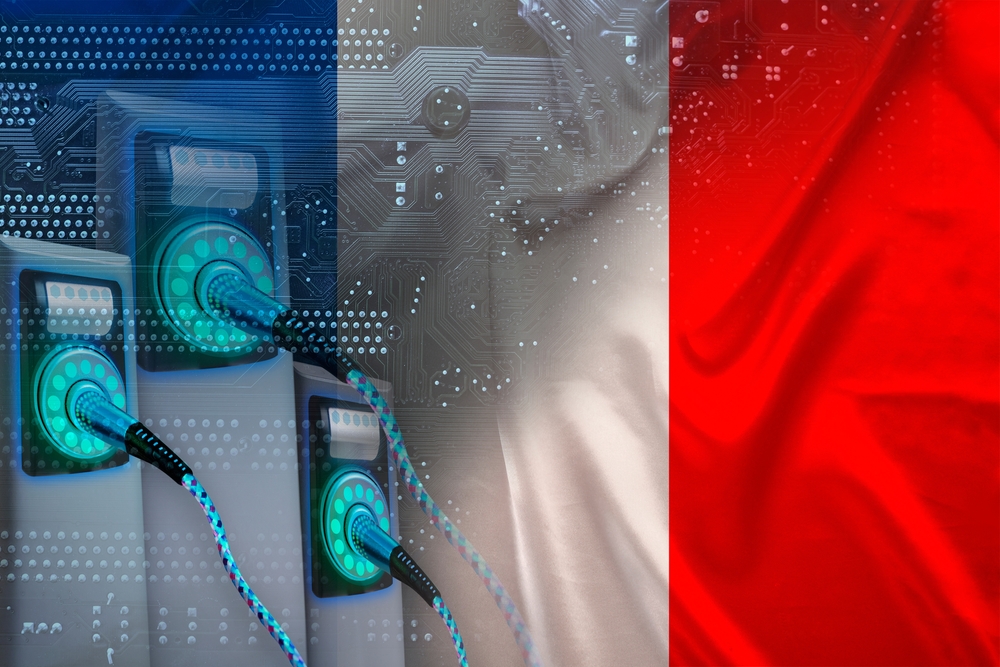France is making significant strides in its bid to establish itself as a prominent player in the electric vehicle (EV) battery industry. With the recent announcement of ProLogium's decision to build its first EV battery gigafactory outside of Taiwan in Dunkirk, France, President Emmanuel Macron aims to transform the region into a hub for the EV battery sector. This move aligns with France's efforts to bolster its economic growth, create job opportunities, and position itself as a key player in Europe's energy transition.
Government Support and Investment Decisions:
France's success in attracting battery manufacturers is not by chance. Through interviews with government officials and industry executives, it becomes evident that France has rolled out the red carpet for battery makers, offering generous subsidies and incentives. These offerings have been made possible due to the relaxation of EU state aid rules for green energy projects. Macron's personal lobbying and various business-friendly reforms, including corporate tax cuts and favourable labour policies, have also played a crucial role in enticing investments in the EV battery sector.
Building the Gigafactory Hub:
France's ambitions to establish itself as a gigafactory hub extends beyond ProLogium. Other notable players such as Envision AESC, Verkor, and the ACC consortium, which includes Mercedes and Stellantis, have also chosen the northern region of France for their gigafactories. In addition to these companies, France is actively courting other industry giants like BYD and Tesla (NASDAQ: TSLA) to set up car plants in the country. This concerted effort demonstrates France's determination to compete with other European countries and solidify its position in the EV battery market.
Europe's Battery Race:
The race to secure investments from car manufacturers and battery suppliers has intensified among European countries. European governments, including France, are eager to prevent the diversion of investment to the United States, following the introduction of the U.S. Inflation Reduction Act. France's efforts to develop its battery industry in the northern region not only signify its commitment to economic and manufacturing sovereignty in the face of global competition but also serve as a means for Macron to showcase the positive outcomes of his business-friendly reforms.
Conclusion:
France's aggressive push to become Europe's electric vehicle battery hub has gained significant momentum with the establishment of gigafactories and the attraction of major industry players. Through substantial subsidies, favourable labour policies, and relaxed state aid rules, France has successfully enticed battery manufacturers and positioned itself at the forefront of Europe's energy transition. Macron's proactive approach to securing investments highlights the competition between European countries and the importance of fostering a robust EV battery industry within the region. As France continues its efforts to catch up with Germany and other leading players, its commitment to creating a sustainable future and economic growth remains unwavering.


